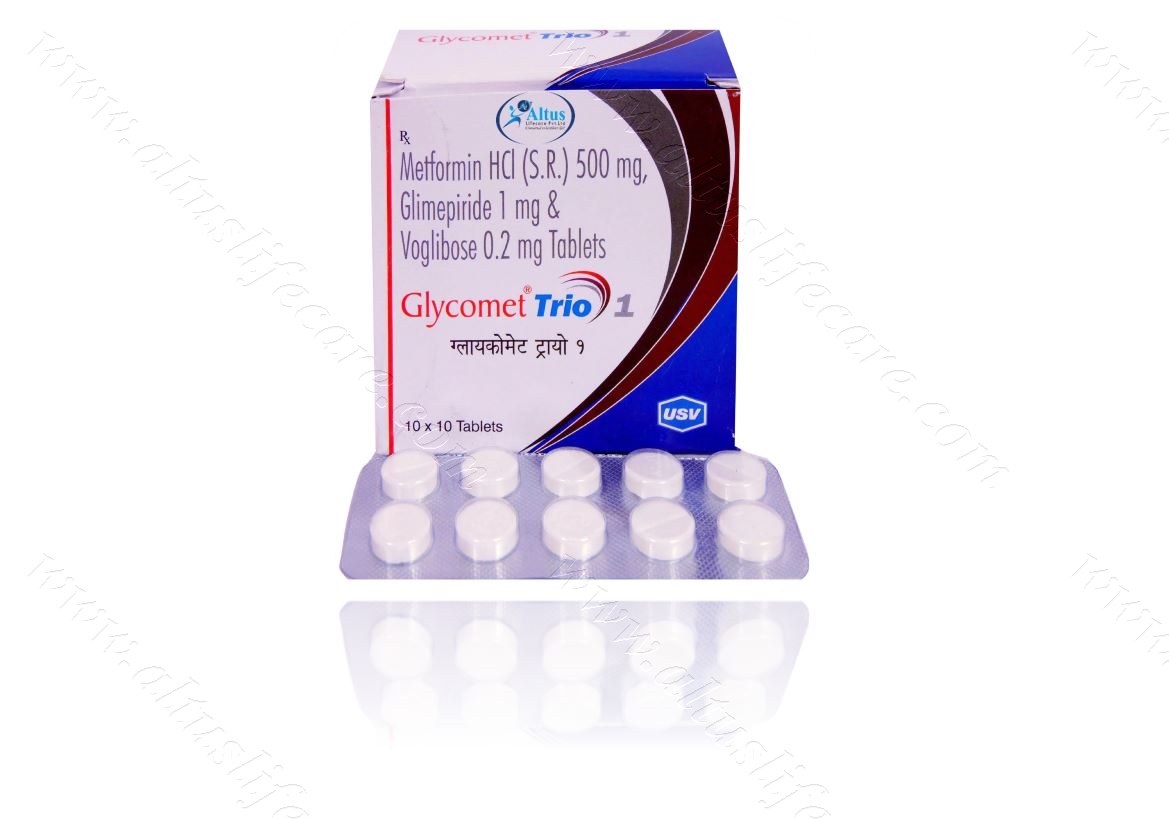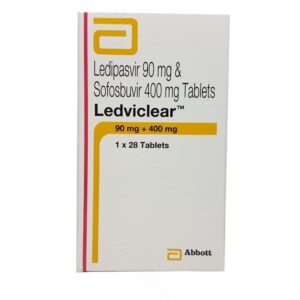- Anti Cancer
- Altus Product's
- Pharmaceutical Products
- Anti Fungal
- Hepatitis
- Beauty & Skin Care
- Asthma
- Modafinil
- Urology Segment
- Thyroid Care
- Armodafinil
- HIV Medicines
- Weight Loss
- Naltrexone
- Anti Emetic
- Neuropathic Pain
- Mens Health
- Hair Loss
- Pain Relief
- HCG Injections
- Quit Smoking
- Pharmaceutical Vaccine
- Best Selling Products
- Anti Viral
- Bimatoprost
- Antibiotics
- Women's Health
- Cetaphil
- Botulinum
- Diabetes
- Human Albumin
- Anti Malarial
- Dermal fillers
- Chemical Peels
- Nephrology Segment
- Kidney / Liver Care
- Anti-Cancer
- Armodafinil
- Bimatoprost
- Botulinum
- Dermal Fillers
- Hepatitis
- Mens-health
- Modafinil
- Naltrexone
- ANTI EMETIC
- Altus Product’s
- Anti Fungal
- Anti Malarial
- Anti Viral
- Antibiotics
- Asthma
- Beauty & Skin Care
- Cetaphil
- Chemical Peels
- Diabetes
- Hair Loss
- HCG Injections
- HIV Medicines
- Human Albumin
- Kidney / Liver Care
- Neuropathic Pain
- Pain Relief
- Pharmaceutical Products
- Pharmaceutical Vaccine
- Quit Smoking
- Thyroid Care
- Weight Loss
- Women’s Health
- Anti Cancer
- Altus Product's
- Pharmaceutical Products
- Anti Fungal
- Hepatitis
- Beauty & Skin Care
- Asthma
- Modafinil
- Urology Segment
- Thyroid Care
- Armodafinil
- HIV Medicines
- Weight Loss
- Naltrexone
- Anti Emetic
- Neuropathic Pain
- Mens Health
- Hair Loss
- Pain Relief
- HCG Injections
- Quit Smoking
- Pharmaceutical Vaccine
- Best Selling Products
- Anti Viral
- Bimatoprost
- Antibiotics
- Women's Health
- Cetaphil
- Botulinum
- Diabetes
- Human Albumin
- Anti Malarial
- Dermal fillers
- Chemical Peels
- Nephrology Segment
- Kidney / Liver Care
No products in the cart.
Return To Shop$49.36 – $133.33Price range: $49.36 through $133.33
Glycomet Trio 1/0.2 Tablet (Glimepiride 1mg / Metformin 500mg / Voglibose 0.2mg)
Glycomet Trio 1 Tablet SR belongs to a category of medicines known as anti-diabetic drugs. It is a combination of medicines used to treat type 2 diabetes mellitus in adults. It helps control blood sugar levels in people with diabetes.
Have questions?
Call : +91 9002 1002 33
Glycomet Trio 1/0.2 Tablet (Glimepiride 1mg / Metformin 500mg / Voglibose 0.2mg)
| COUNTRY OF ORIGIN | India |
|---|---|
| DOSAGE FORM | Tablets |
| GENERIC NAME | Glimepiride |
| INDICATION | Treatment of Type 2 diabetes mellitus |
| PACKAGING | 10 tablets in 1 strip |
| MANUFACTURER | USV Ltd |
| COMPOSITION | Glimepiride (1mg) + Metformin (500mg) + Voglibose (0.2mg) |
PRODUCT INTRODUCTION
Glycomet Trio 1/0.2 Tablet belongs to a category of medicines known as anti-diabetic drugs. It is a combination of medicines used to treat type 2 diabetes mellitus in adults. It helps control blood sugar levels in people with diabetes.
Glycomet Trio 1/0.2 Tablet should be taken with food. Take it regularly at the same time each day to get the most benefit. Your doctor will decide what dose is best for you and this may change from time to time according to how it is working according to your blood sugar levels, keep taking this medicine, even if you feel well or your blood sugar levels are controlled. If you stop it without consulting your doctor, your blood sugar levels could rise and put you at risk of kidney damage, blindness, nerve problems and loss of limbs.
Remember that it is only part of a treatment program that should also include a healthy diet, regular exercise, and weight reduction as advised by your doctor. Your lifestyle plays a big part in controlling diabetes.
The most common side effect of Glycomet Trio 1 Tablet SR is low blood glucose levels (hypoglycemia). Make sure you recognize the signs of having low blood glucose levels, such as sweating, dizziness, headache, and shaking and know how to deal with it. To prevent this, it’s important to have regular meals and always carry a fast-acting source of glucose such as sugary food or fruit juice with you.
Drinking alcohol can also increase your risk of low blood sugar levels and should be avoided. Other side effects that may be seen on taking this medicine include taste changes, nausea, diarrhea, stomach pain, headache, edema (swelling), blurred vision, bone fracture, and upper respiratory tract infection. Some people may find that they put on weight with this medicine.
You should not take it if you have type 1 diabetes mellitus, if you have diabetic ketoacidosis (high levels of acid in your blood), or if you have severe kidney or liver disease. Before taking this medicine, tell your doctor if you have ever had heart disease. It may not be suitable.
Pregnant or breastfeeding women should also consult their doctor before taking it. Your blood sugar levels should be checked regularly and your doctor may also advise blood tests to monitor your blood cell counts and liver function.
“Glycemic Trio Symphony: Unveiling Glimepiride 1mg, Metformin 500mg, and Voglibose 0.2mg Synergy for Optimal Diabetes Harmony”
This heading emphasizes the synergistic effects of Glimepiride at 1mg, Metformin at 500mg, and Voglibose at 0.2mg in achieving optimal glycemic control. The explanation would delve into the distinct contributions of each medication, with Glimepiride stimulating insulin release, Metformin improving insulin sensitivity, and Voglibose inhibiting glucose absorption in the intestines. Together, they form a harmonious trio working together for effective diabetes management.
“Precision in Triple Dynamics: Navigating Glimepiride 1mg, Metformin 500mg, and Voglibose 0.2mg for Tailored Glycemic Balance”
Here, the focus is on the precision involved in incorporating Glimepiride at 1mg, Metformin at 500mg, and Voglibose at 0.2mg into a diabetes management plan. The explanation would explore the rationale behind each medication’s dosage, considering their individual mechanisms, and highlight the importance of a carefully calibrated strategy that balances optimal efficacy with individual patient needs. This underscores the significance of a precise approach in achieving successful diabetes control with the triple combination.
Signs and Symptoms of Type 2 Diabetes Mellitus: Decoding Early Metabolic Changes
Decode the early metabolic changes associated with Type 2 Diabetes Mellitus. Explore the intricacies of understanding and interpreting these changes for proactive health measures and the prevention of diabetes progression.
Diabetes Mellitus Medications: Medication Essentials for Improved Diabetes Care
Uncover essential medications crucial for improving diabetes care. This guide focuses on medications that play a fundamental role in managing diabetes effectively, ensuring individuals have the necessary tools for comprehensive diabetes care.
Crafting Wellness: Drug for Diabetes Mellitus Type 2 Chronicles
Chronicling the drug’s role in crafting a state of wellness for individuals with Diabetes Mellitus Type 2, this exploration discusses its holistic approach to patient care and well-being.
“Meds for Diabetes Mellitus Type 2: Navigating Medication Choices for Optimal Wellness”
Navigate through various medication choices with a focus on optimizing overall wellness in Type 2 Diabetes management. This guide assists individuals in making informed decisions about their medication choices, ensuring they align with their goals for optimal wellness and health.
Medications for Diabetes Mellitus Type 2: Medication Expectations and Realities
Managing expectations is crucial in diabetes care. Join us as we explore the expectations and realities of diabetes medications, providing insights into what individuals with type 2 diabetes can realistically expect from their prescribed treatments.
Bioinformatics in Unraveling Genetic Factors in Treatment of Type 2 Diabetes Mellitus
Leveraging computational tools, this section explores the role of bioinformatics in unraveling genetic factors in the treatment of Type 2 Diabetes Mellitus. By analyzing large datasets, researchers can identify genetic markers and pathways that contribute to diabetes susceptibility, informing personalized treatment strategies.
DM Type 2 Medications: Medication Choices for Better Diabetes Control
Delve into a variety of medication choices designed to improve diabetes control in individuals managing Type 2 Diabetes. Explore how these choices align with goals for enhanced blood sugar management and overall control.
USES OF GLYCOMET TRIO TABLET SR
- Treatment of Type 2 diabetes mellitus
BENEFITS OF GLYCOMET TRIO TABLET SR
In Treatment of Type 2 diabetes mellitus
Glycomet Trio 1 Tablet SR will reduce the risk of dying from cardiovascular disease if you have type 2 diabetes and already have cardiovascular disease. Taking this medicine regularly along with proper diet and exercise will help you live a normal, healthy life. You should keep using it for as long as it is prescribed because it is protecting your future health.
SIDE EFFECTS OF GLYCOMET TRIO TABLET SR
Common side effects of Glycomet Trio
- Nausea
- Diarrhea
- Abdominal pain
- Hypoglycemia (low blood glucose level)
HOW TO USE GLYCOMET TRIO TABLET SR
HOW GLYCOMET TRIO TABLET SR WORKS
SAFETY ADVICE

Alcohol

Pregnancy

Breast feeding

Driving

Kidney
Use of Glycomet Trio 1 Tablet SR is, however, not recommended in patients with severe kidney disease.

Liver
Glycomet Trio 1/0.2 Tablet is generally started with low dose in patients with mild to moderate liver disease and its use is not recommended in patients with severe liver disease.
WHAT IF YOU FORGET TO TAKE GLYCOMET TRIO TABLET SR?
| Pack Size | 100 Tablet/s, 200 Tablet/s, 300 Tablet/s, 400 Tablet/s |
|---|
3 reviews for Glycomet Trio 1/0.2 Tablet
Related products
Pemnat Injection (Pemetrexed)
From: $149.35Citafine 1400mg Injection (Gemcitabine)
From: $110.39Armotraz Tablet (Anastrozole 1mg)
From: $97.40Cabgolin Tablet (Cabergoline)
From: $50.65Ledviclear Tablets | Ledipasvir | Sofosbuvir
From: $243.59Hepcvel Tablet | Sofosbuvir 400mg | Velpatasvir 100mg
From: $205.13Cimivir 400mg Tablet | Sofosbuvir 400mg
From: $243.59People also bought
-

Benoquin 40 Cream | Monobenzone 40%
From: $154.77 -
 From: $38.38
From: $38.38 -
 From: $40.05
From: $40.05 -

Aziderm 10% Cream 15gm | Azelaic Acid 10%
From: $39.26
Our Services
Shipping
Shipping at Discounted Price
Money Returns
Return Within 30 Days
Secure Payment
Safe & Secure Payment
Support 24/7
Contact 24 Hours Day
From: $37.82


From: $47.44
- Anti-Cancer
- Armodafinil
- Bimatoprost
- Botulinum
- Dermal Fillers
- Hepatitis
- Mens-health
- Modafinil
- Naltrexone
- ANTI EMETIC
- Altus Product’s
- Anti Fungal
- Anti Malarial
- Anti Viral
- Antibiotics
- Asthma
- Beauty & Skin Care
- Cetaphil
- Chemical Peels
- Diabetes
- Hair Loss
- HCG Injections
- HIV Medicines
- Human Albumin
- Kidney / Liver Care
- Neuropathic Pain
- Pain Relief
- Pharmaceutical Products
- Pharmaceutical Vaccine
- Quit Smoking
- Thyroid Care
- Weight Loss
- Women’s Health













Lorelai (verified owner) –
The integration of mindfulness into daily activities, such as mindful eating and walking, has contributed to a sense of presence and calmness.
Indie (verified owner) –
“Product quality is superb, and the shipping was surprisingly fast!”
Edward (verified owner) –
“The product quality is outstanding. The attention to detail is remarkable, and the materials used are of the highest standard. The packaging was also excellent, guaranteeing a safe delivery.”